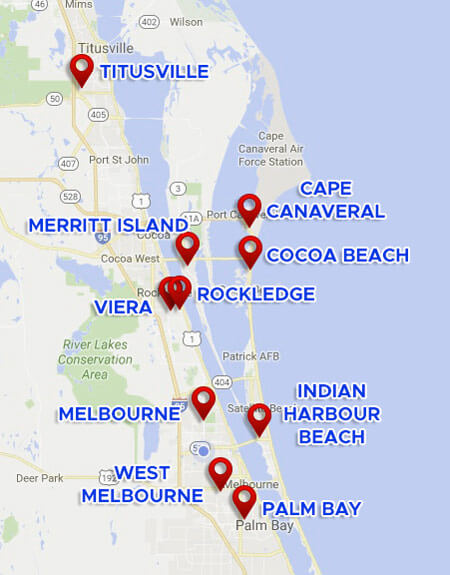How Salt Water Can Affect Your Beachside Home
Posted: March 9, 2022

Living close to the beach, whether it is on a beachfront property or in a beach town, is the dream for many beach lovers. There are many benefits of beachside living, such as homes with great views, easy or close access to the beach, and the ability to go swimming, surfing, tanning, and exercise right on the sand. It is paradise, but before committing to a beachside home, it is important to understand how saltwater can affect your HVAC unit. The salty air surrounding your Indialantic, Florida home can greatly impact your unit. Even though you may be close enough to feel the ocean breeze, it will not save you if your air conditioning goes out.
The water from the ocean contains sodium chloride. The sodium chloride travels and forms a dust-like coating on your HVAC unit, which settles onto different parts. This coating attracts moisture. The salt, water, and humidity cause corrosion. The longer it sits, the more damage can be done to your system. The air conditioner is the most affected by salt and there are certain parts in the air conditioner that are more vulnerable than others. One of those parts is the AC condenser coil. The condenser coil has copper tubes and aluminum fins. When these parts are exposed to the salt, it can cause your system to work inefficiently, other parts can become damaged, and ultimately your system can be shut down completely if no action is taken.
The last thing anyone in Florida needs is for the air conditioner to go out. Are you experiencing issues with your air conditioner? Do you live close to the ocean? If so, your air conditioner may have salt water damage. Some signs of AC damage to look out for are failing parts, your home is not cooling down, the AC freezes, or the parts are iced up.
There are a few things you can do to help protect your HVAC unit. You can clean the system regularly with a cloth and warm water to remove the salt. You can rinse off the salt on your outdoor unit by spraying it with water. Remove anything too close to your outside unit as salt can attach to other nearby objects making it easier for the salt to get to your unit. There are also special coatings that can be applied to different parts to protect them from corrosion while also improving efficiency. The best thing you can do to protect your unit whether it is new or old is by making sure you schedule regular maintenance with a knowledgeable and experienced HVAC company.
Brevard Cooling and Heating is an HVAC company you can trust. We understand the damages of saltwater to an HVAC unit because we have firsthand experience being so close to various beach communities here in Brevard County. Let us help you make beachside living better by helping you protect your investment. We can help you with your existing unit, or if you need a replacement, we can help you choose a unit that is right for you and properly install it. Contact us today at 321-757-2008 or use the form.
Have a specific Heating, Ventilating, & Air Conditioning related question?
Ask a Professional. We’re here to help! Call anytime day or night (321) 757-9008

